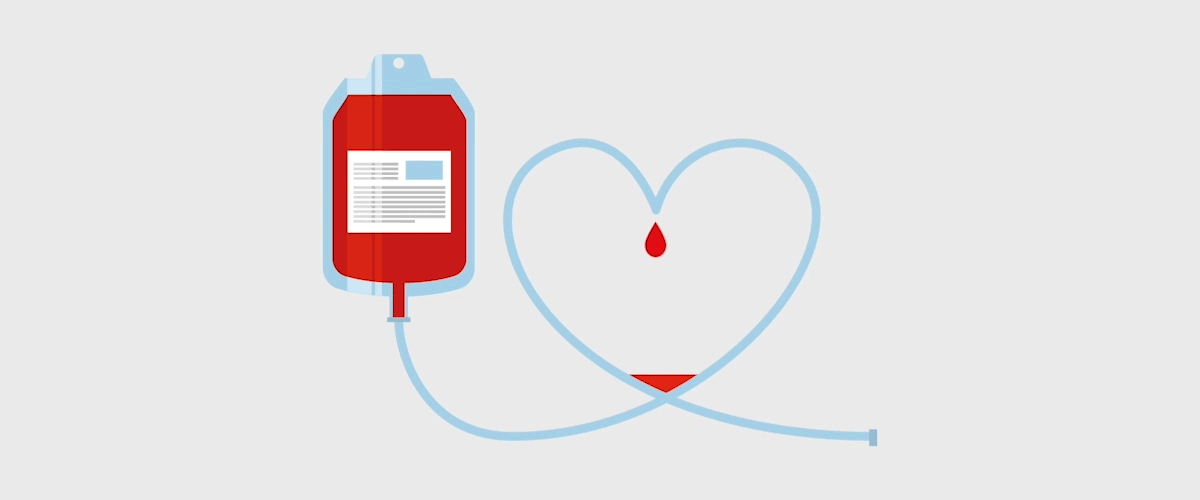THE LIFE SAVING BENEFITS OF DONATING BLOOD
-
Donating blood is a simple act that one person can do to help the lives of many others. We focus on the benefits of blood donation for the person eventually receiving the blood, but there is more to it than that. The selfless act of giving blood can actually help the person donating the blood live healthier as well. The primary goal of blood donation may be to help those in need, but the act offers potential health benefits for the donors themselves.
- 1. Reduced Risk of Cardiovascular Diseases:
- - Regular blood donation can help maintain healthy iron levels, which may reduce the risk of cardiovascular diseases.
- - It encourages the body to produce new blood cells, which is linked to improved cardiovascular health and lower blood pressure.
- 2. Iron Regulation:
- - Blood donation can help regulate iron levels in the body, reducing the risk of iron-related conditions such as hemochromatosis.
- - As the body replenishes the lost iron through food and beverages, this process can support overall well-being.
- 3. Improved Blood Circulation:
- - Donating blood stimulates the production of new blood cells, promoting better blood circulation.
- - Improved circulation ensures that vital organs receive adequate oxygen and nutrients, enhancing cardiovascular system function.
- 4. Community Impact:
- - Blood donation fosters a sense of community and social responsibility.
- - Community blood drives and donation events promote a culture of empathy, compassion, and solidarity, creating a positive social impact.
- 5. Emotional and Psychological Well-being:
- - Altruistic acts like blood donation are associated with positive emotional and psychological effects.
- - Donors often feel a sense of fulfilment and accomplishment, leading to increased self-esteem, reduced stress, and an overall improved mood.



